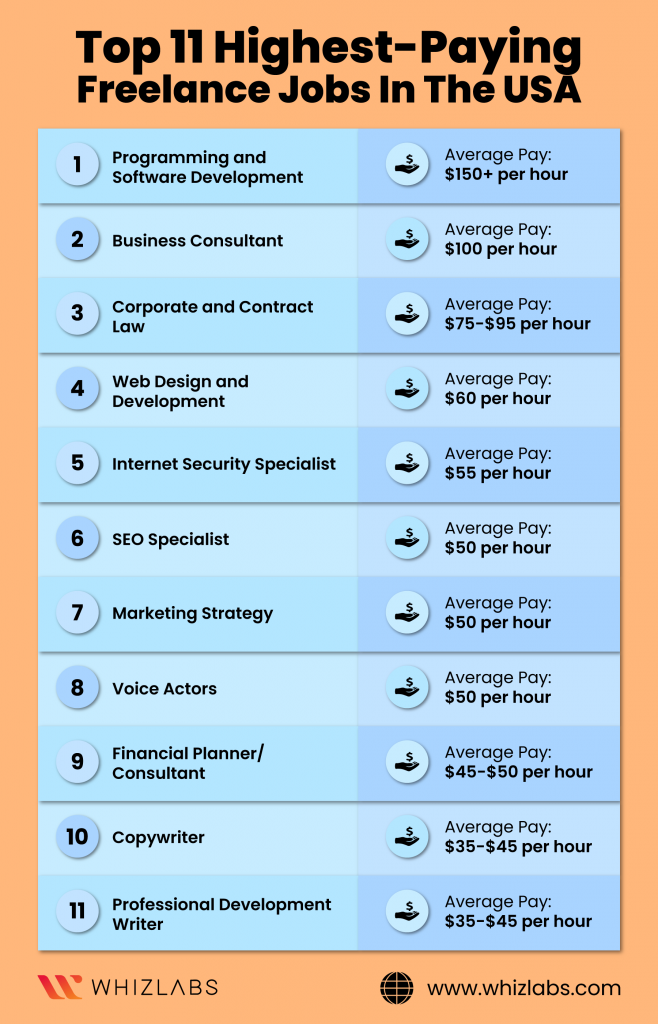Best Careers for Creative Thinkers: Unlocking Your Potential
If you’re someone who thrives on innovation, problem-solving, and thinking outside the box, a career that leverages your creativity can be incredibly rewarding. Creative thinkers possess a unique set of skills that can translate into a variety of high-demand careers across industries. Whether you’re interested in the arts, technology, or business, there are numerous opportunities that allow you to express your creativity while achieving professional success. This article will guide you through some of the best career options for creative thinkers, highlighting the roles, skills, and potential benefits they offer.
Graphic Designer: Transform Ideas into Visual Masterpieces
Graphic design is a field that allows creative thinkers to showcase their artistic abilities while solving visual communication challenges. Graphic designers create visuals for brands, advertisements, websites, and products, often working with clients to bring their vision to life. They use tools like Adobe Photoshop and Illustrator to design logos, brochures, websites, and social media content.
To succeed as a graphic designer, you’ll need a strong portfolio that demonstrates your design skills, as well as knowledge of design principles and software. Many designers pursue a degree or certification in graphic design, but self-taught individuals with a creative flair can also make it in the field.
UX/UI Designer: Craft Exceptional Digital Experiences
User experience (UX) and user interface (UI) design are pivotal in shaping how people interact with digital products like websites and mobile apps. UX/UI designers combine creativity with empathy, ensuring that users have a seamless and enjoyable experience. They create intuitive interfaces and streamline design elements that make it easy for users to navigate through digital platforms.
To pursue a career in UX/UI design, one needs to understand user behavior, wireframing, prototyping, and how to create visually appealing layouts. Many UX/UI designers have backgrounds in graphic design, human-computer interaction, or computer science. A strong understanding of design tools, coupled with a user-centered mindset, can help you succeed in this field.
Marketing Strategist: Bring Creativity to Business Growth
Marketing strategists develop and implement strategies to promote products or services, using creativity to craft compelling campaigns that capture audience attention. From digital marketing to traditional advertising, marketing strategists utilize creative ideas to create brand messaging, manage social media, plan advertising campaigns, and analyze customer behavior to drive business growth.
To succeed in marketing, you’ll need strong communication skills, the ability to think creatively, and an understanding of data analytics. While many marketers have degrees in marketing or business, the field is highly dynamic, and experience combined with creativity often matters more than a formal degree.
Content Creator: Engage and Educate Audiences through Content
Content creation has exploded in recent years, particularly with the rise of social media platforms like YouTube, Instagram, and TikTok. Content creators are individuals who produce videos, articles, blogs, and other digital content to entertain, inform, or educate their audiences. They engage with communities, share their personal experiences, and build brand partnerships.
Creative thinkers with a passion for storytelling, video production, photography, or writing can thrive in this field. Content creation can become a lucrative career, especially if you can build a substantial following. Many successful content creators have diverse skill sets, including editing, SEO knowledge, and marketing, which help them monetize their content.
Product Designer: Innovate and Shape the Future of Consumer Goods
Product designers are responsible for designing innovative products that solve problems and meet the needs of consumers. They combine creativity with engineering principles to design functional and aesthetically appealing products, from household items to technology devices. This role requires a strong understanding of human behavior, design thinking, and materials.
To become a product designer, one typically needs a degree in industrial design or engineering. However, creative individuals with a passion for innovation and problem-solving can excel in this field by developing strong portfolios and honing their technical skills.
Frequently Asked Questions (FAQs)
Q1: How can I develop my creativity for a career?
A1: Creativity is a skill that can be developed through practice, exposure to new ideas, and continuously challenging yourself to think outside the box. Take courses, engage with other creative professionals, and work on diverse projects to expand your creative abilities.
Q2: Do I need a degree to work in creative fields?
A2: While some creative careers require formal education, many creative roles value experience and a strong portfolio over a degree. Certifications, self-study, and practical work experience can often suffice in creative fields like graphic design, content creation, and marketing.
Q3: What is the job outlook for creative careers?
A3: The job outlook for creative careers is positive, with many industries valuing creative thinkers to drive innovation. Design, marketing, content creation, and UX/UI design are especially in demand, with an increasing need for digital creatives in the tech space.
Q4: Can creative thinkers work in industries other than the arts?
A4: Yes! Creative thinkers can thrive in many industries, including business, technology, healthcare, and education. Creativity is valuable in areas such as marketing, product design, and customer experience, among others.
Q5: How do I choose the right creative career for me?
A5: Start by assessing your strengths, interests, and passions. Consider what types of tasks or activities excite you, whether that’s design, storytelling, or problem-solving. Research different creative career paths and determine which aligns with your skills and long-term goals.

